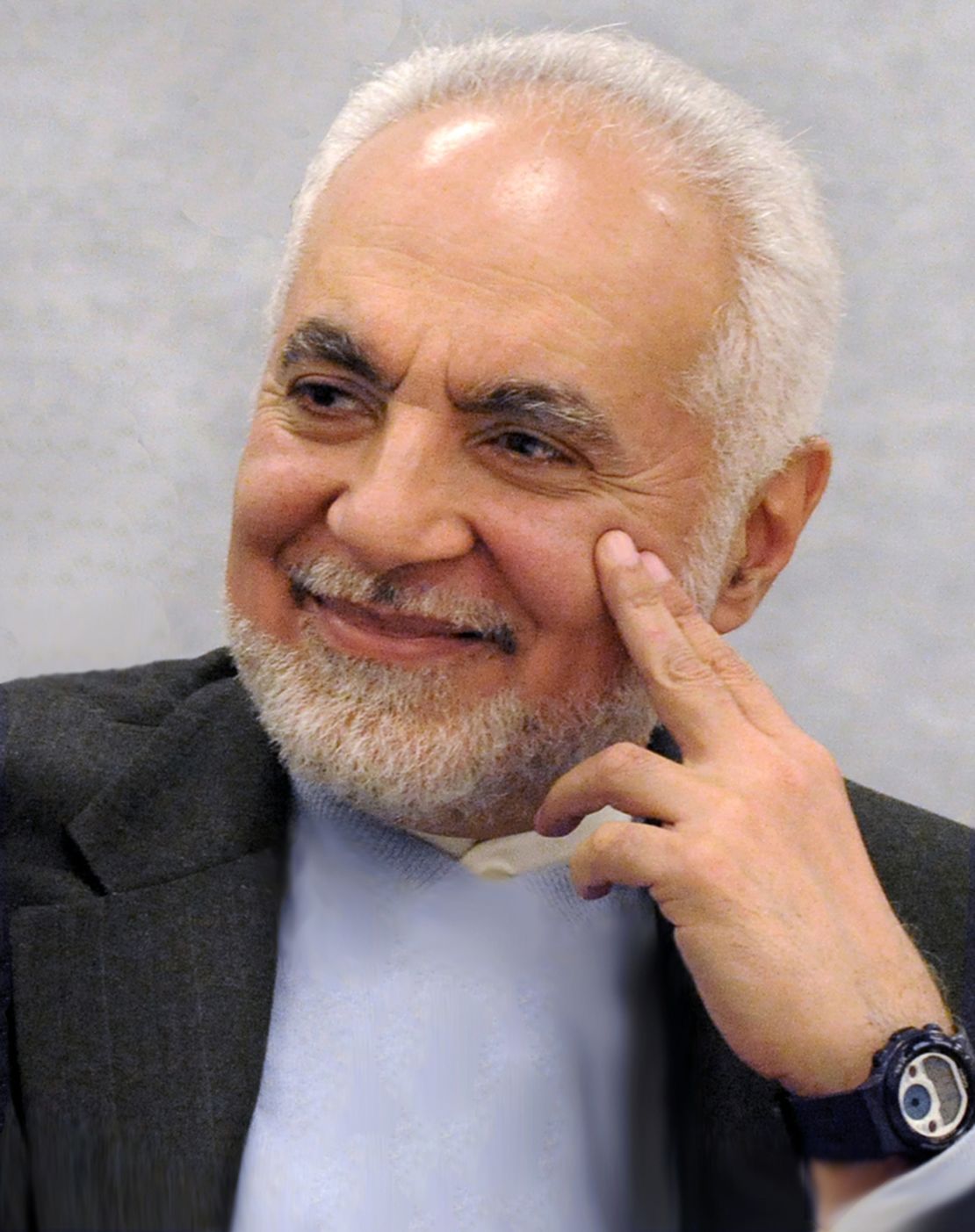Editor’s Note: Imam Feisal Abdul Rauf is chairman of the Cordoba Initiative, one of the key figures in the plan for an Islamic center near ground zero, and author of “Moving the Mountain: Beyond Ground Zero to a New Vision of Islam in America.” His work has appeared in The Wall Street Journal and Foreign Policy, and Time magazine named him among the 100 most influential people of the world.
Story highlights
A young Christian girl in Pakistan was accused of burning text from the Quran
Feisal Abdul Rauf: Muslims should not be angry at the girl, they should show compassion
He says Pakistan must not allow a handful of extremists to define Islamic values
Rauf: Islam is a religion of peace and justice; Muslims must live up to its standards
Islam is a religion of compassion and mercy, considering that the two adjectives most used in the Quran to describe God are the “compassionate” and the “merciful.” It is also a religion of justice. Throughout Islamic history, many non-Muslims would take their disputes to Sharia courts, over their own religious courts, because of the firm injunctions in the Quran and Sharia law to adhere to high standards of justice.
It is for this reason that, as an imam, I am deeply distressed to hear that a young Christian girl in Pakistan was accused by her angry Muslim neighbors of burning text from the Quran, Islam’s holy book, in violation of the country’s blasphemy laws.
Reportedly, the girl is mentally challenged and used the pages for fuel. Some say that she may also be illiterate. After several hundred emotionally charged people surrounded her house to demand punishment, the police arrested her as a way to protect her.

There is neither justice, compassion nor mercy in what has happened to the girl.
Pakistan must champion Islam as a religion of peace and not allow a handful of extremists to define it for all Muslims; such extremists confuse ordinary Muslims into thinking that Sharia law is about punishment rather than about promoting harmony and human flourishing.
The Muslims in Pakistan must display the highest expression of Islamic values and principles. They must manifest the mercy and wisdom of one of the early Islamic leaders, Caliph Umar bin al-Khattab, who suspended the punishment for theft during a time of famine so as to best fulfill the intention of God’s law.
I call upon Muslims in Pakistan to reject the accusations against the girl and live up to the highest ethical standards set forth by God and his messenger. It is not right to be angry and to want to punish a young girl for unknowingly burning words from the Quran.
According to Islamic tradition, “Works are rendered efficacious only by their intention.” In other words, the intention to commit a crime is a primary consideration in Islamic law. It was not the girl’s intention to blaspheme against the Quran, as she is mentally challenged and could not have understood the content of the pages.
As a minor, the girl cannot legally incur punishment. In the Islamic school of law practiced in Pakistan, one must demonstrate competence in making socially responsible judgments. This girl could not have demonstrated competence in her judgment.
Furthermore, burning the physical book of the Quran is not an act of blasphemy. It has always been an acceptable means of disposing of an old copy of the Quran. In Islamic theology, the Quran is not a book but rather, as the name means in Arabic, the recitation of God’s word. Muslims use the printed copies as a memory aid in reciting this word, a word which can never be defiled.
And lastly, to prevent this kind of incident from repeating in the future, we must turn to the help of the state. According to the objectives (maqasid) of Islamic law, the government must try to eradicate the poverty that drove the girl to scrounge for paper for fuel, as an obligation to provide sustenance in “promoting wealth.” The government must actively work toward creating harmony between Pakistan’s various faith communities, a key aspect of fulfilling the objective of “preserving religion.” And it has the responsibility to provide schooling for all citizens so that they can read as part of “preserving the mind.”
Muslims must be characterized by loving humanity, by upholding justice and by showing kindness toward their neighbors, even to the extent that should someone offer you a deadly poison, give him the choicest honey in exchange. Within Islamic history, the Muslim community has been known for such qualities. It is time again to take up that mantle and act always in the name of God, the most compassionate, the merciful – b-ism Allahi al-raHmān al-raHīm.
Follow us on Twitter @CNNOpinion
Join us on Facebook/CNNOpinion
The opinions expressed in this commentary are solely those of Feisal Abdul Rauf.



